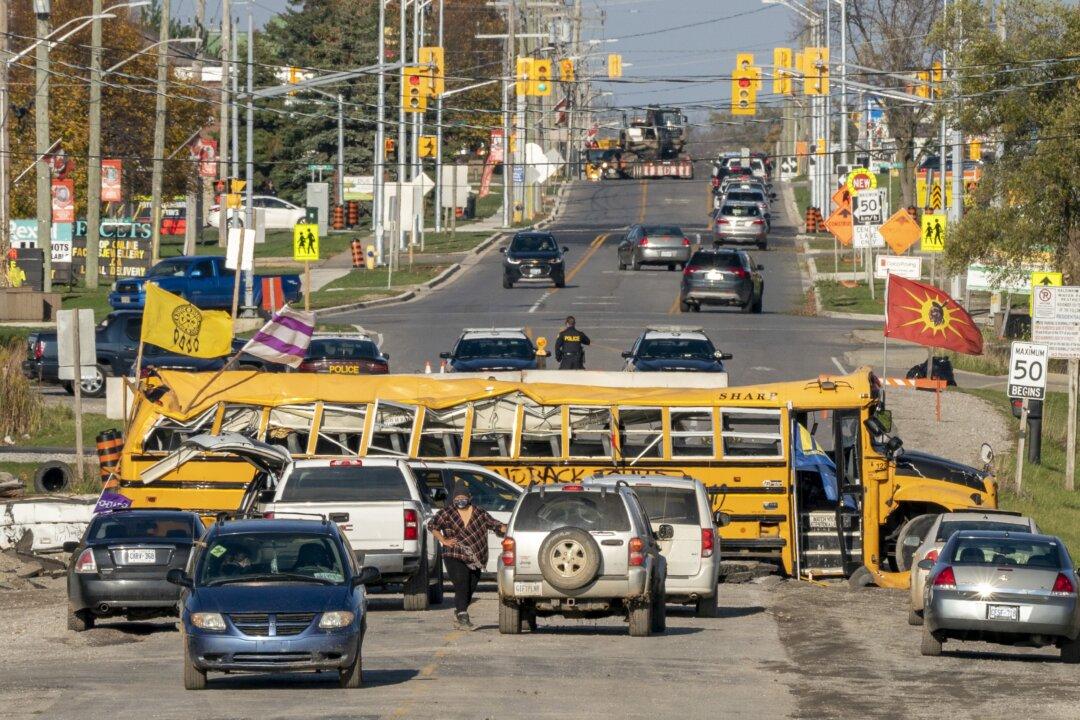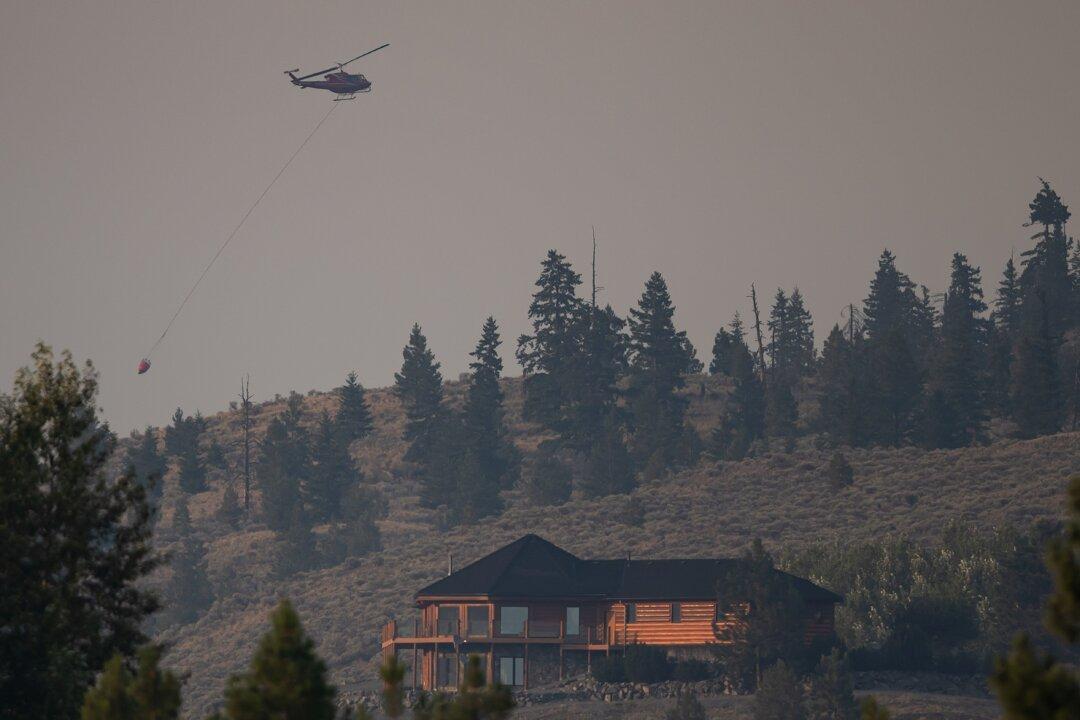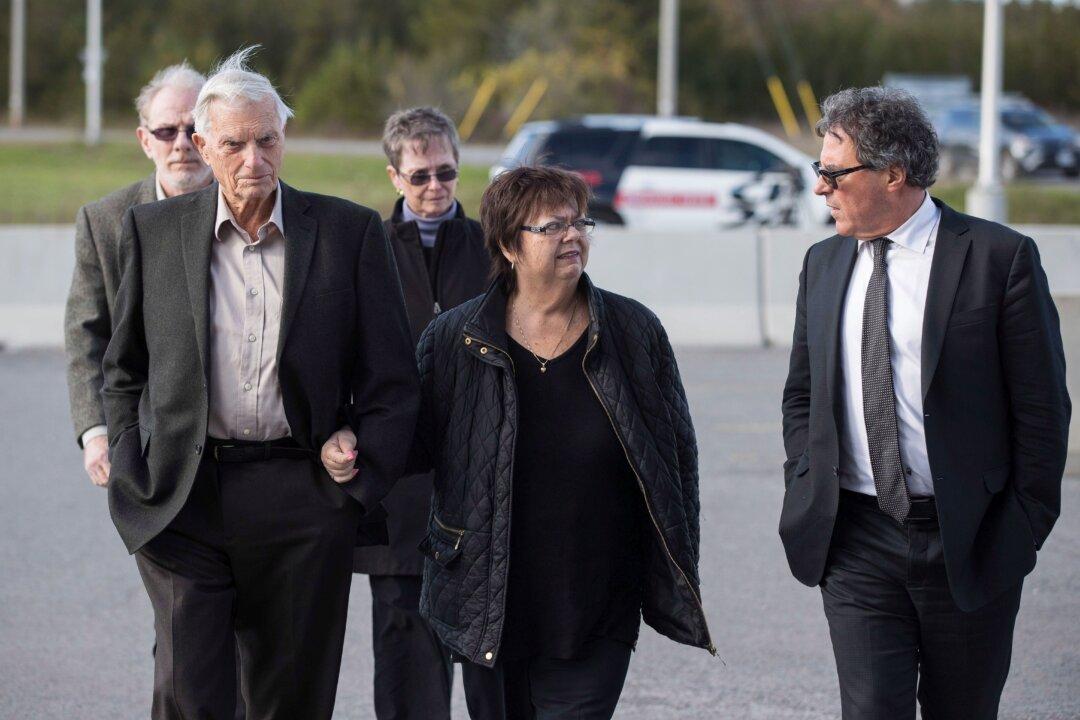Caledonia remains a “sacrificial lamb,” says Mayor Ken Hewitt, two weeks after self-described land-defenders from the neighbouring Six Nations dug up roads and CN railway tracks during a confrontation with Ontario Provincial Police over a housing development.
Accounts vary about how police deployed rubber bullets and tasers, but damage in the aftermath are “at least a half-a-million bucks” for the township, Hewitt told The Epoch Times.





